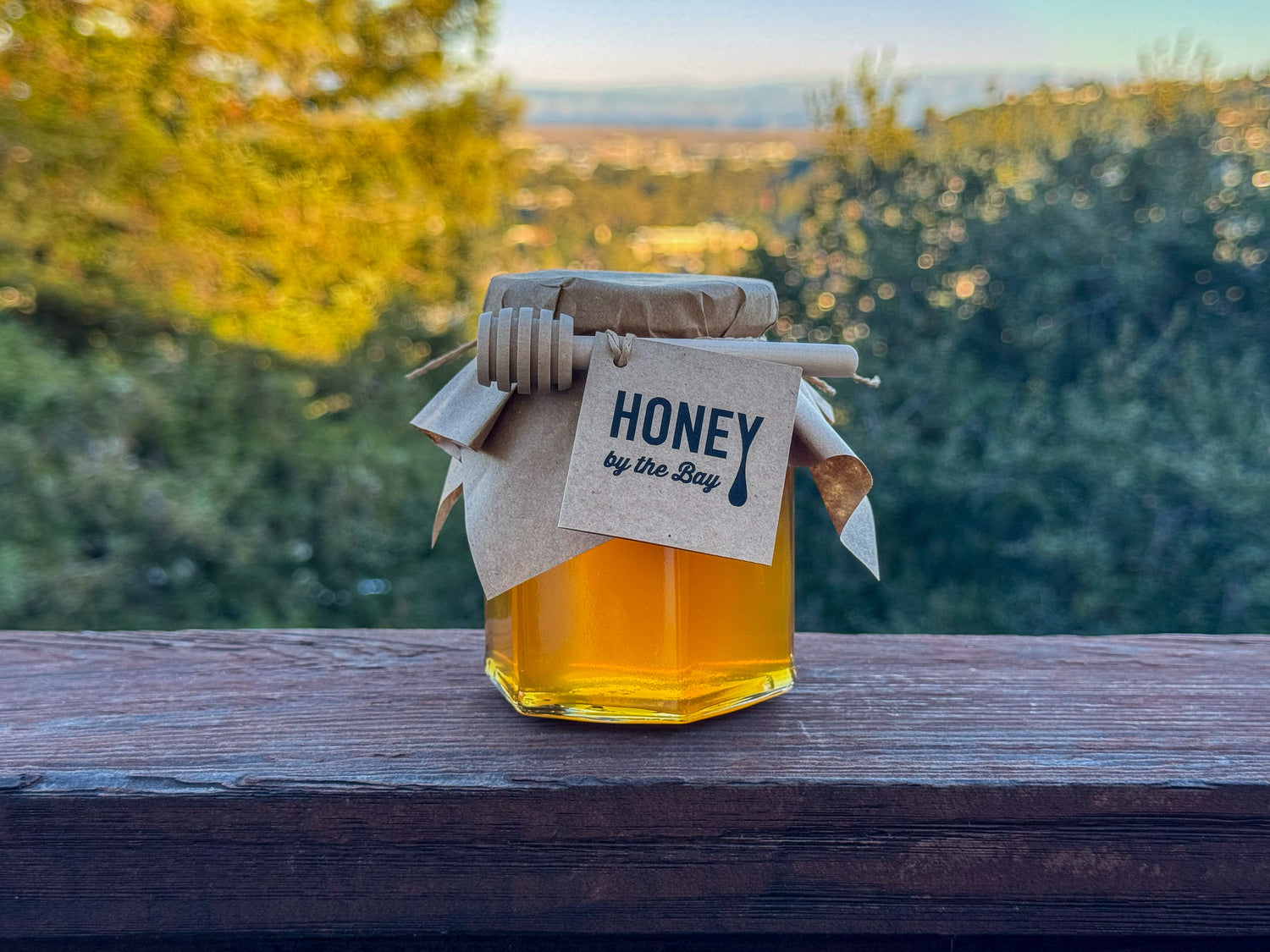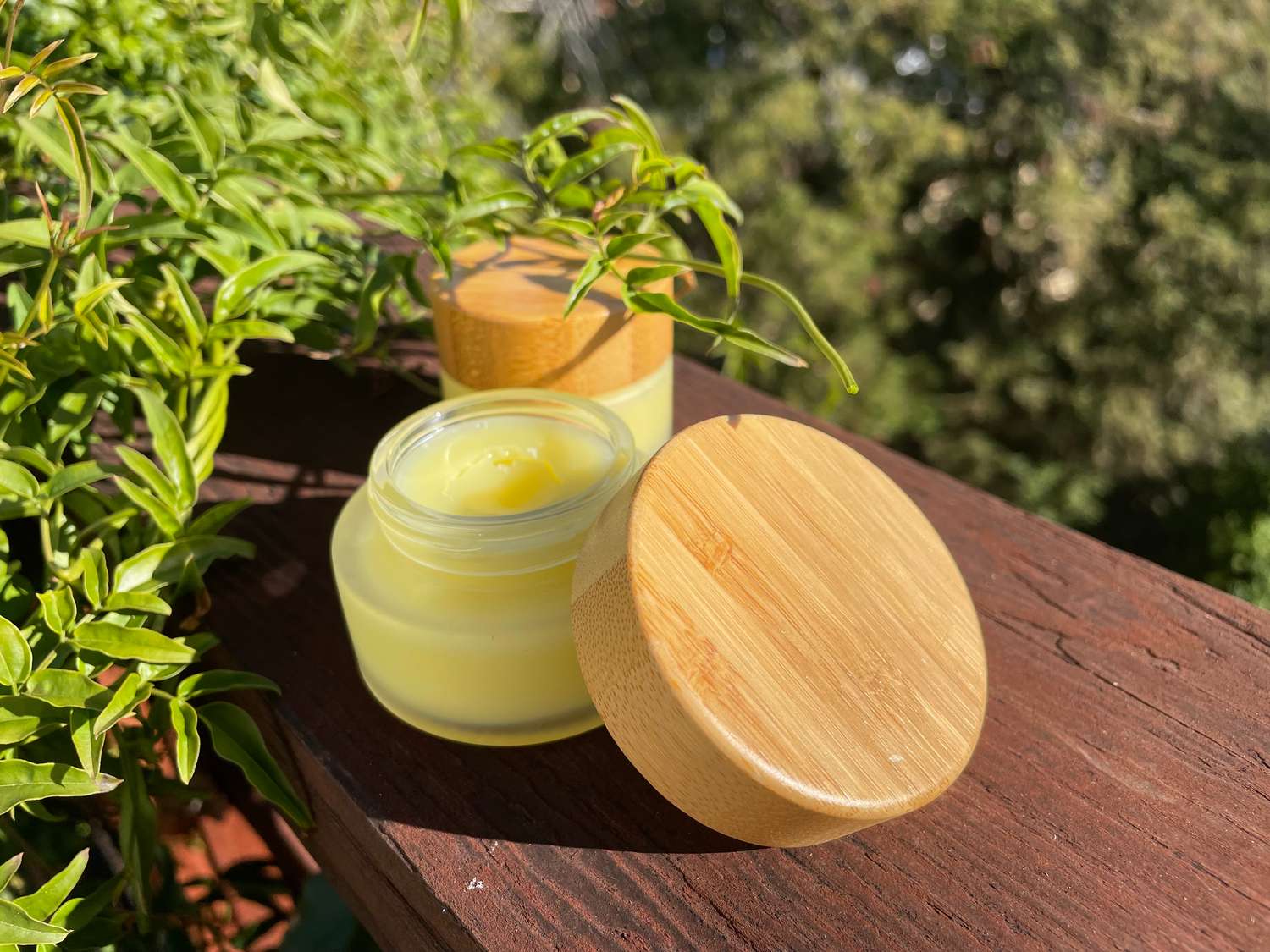We are very fortunate as thanks to our honey stand in front of our house; we get to interact with so many of our customers. We're often asked what they can do to reduce their ecological footprint. Here are a few ideas for you to consider.
Opt for glass, paper containers
Our life is flooded by single use plastic containers. Very often we don't even have the option of selecting natural container options. The only way we can turn this around is by making a conscious effort and pick items offered in renewable containers, sending a clear message to companies using plastic. The two best renewable options are glass and paper. Not only is it important to prefer organic food, but it’s also just as important what it's packaged in. Selecting dairy in reusable glass jugs is a prime example.

Reuse Containers
The less trash we create and the longer we use what we already have, the smaller our environmental impact is. Before throwing items away, always consider what it could be used for. For example, we offer our honey in glass jars. After finishing the honey, save the jars for future use. Whether you make jam, or put your sourdough starter in it, or use it for pickles - it's so easy to find ways to repurpose it.
And lastly, if you can't think of a way to reuse it, don't toss it; you can always return it to our bee stand, where we have a box for empty jars.

Buy locally
One of the best ways to be environmentally friendly is buying locally grown and produced items. Not only does this help the environment, it also supports local communities and stimulates the economy you live in. When you buy locally, you're also reducing or eliminating the impact of shipping. It doesn't get any better, when you get to pick up fruit or honey right in your neighborhood, does it?
Plant pollinator friendly flowers
Bees and other native pollinators are playing a critically important role in our food chain. Honeybees alone are responsible for pollinating more than one third of all of our food crops. In California alone, there are over 1,600 species of native bees.
When you're gardening for bees and butterflies, keep the following best practices in mind:
- Plant a variety of local plants and flowers
- Don't use pesticides
- Try to stay away from grass. If you do have grass, let it grow to give blooming a chance
- Consider the following pollinator friendly plants: stone fruits (almond, apricot, peach, etc.), citrus trees, strawberries, blueberries, avocados, lavender, rosemary, sage



